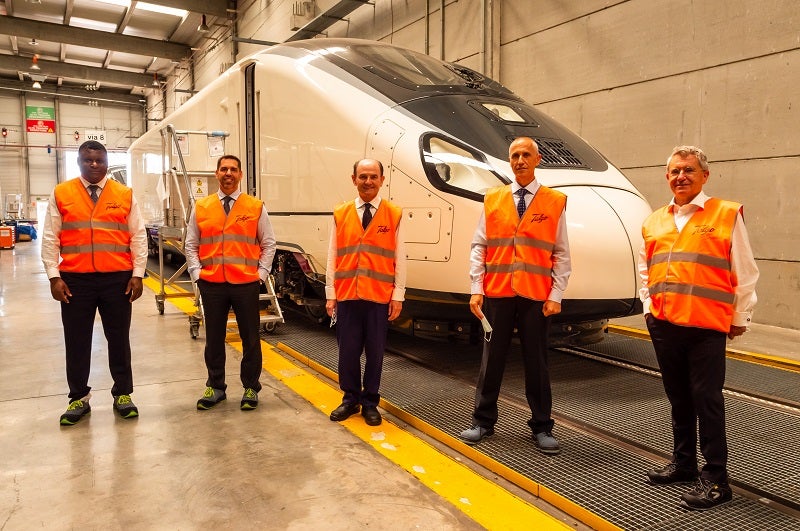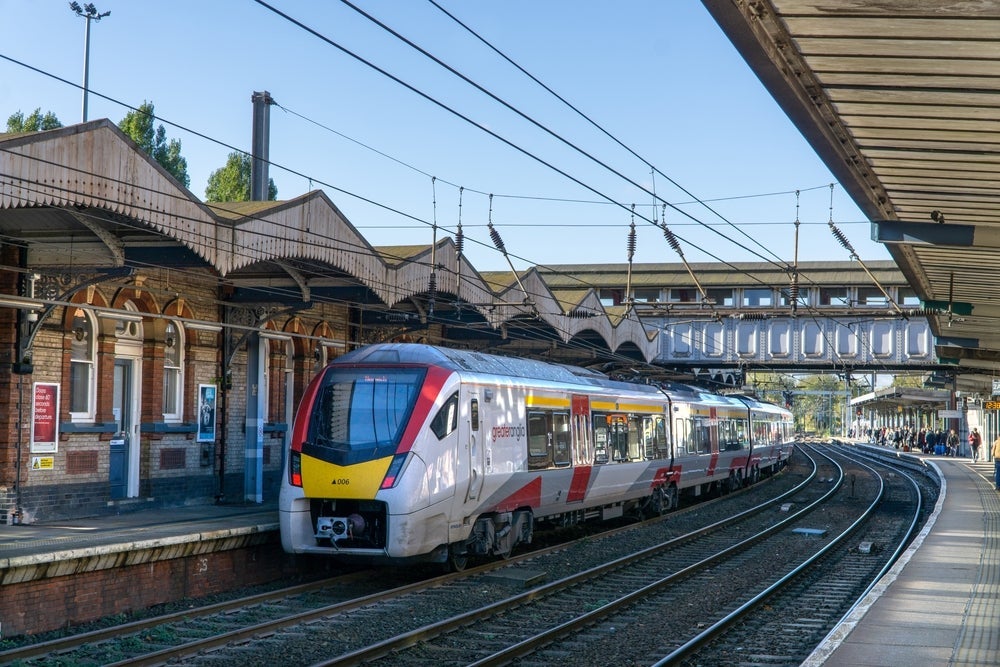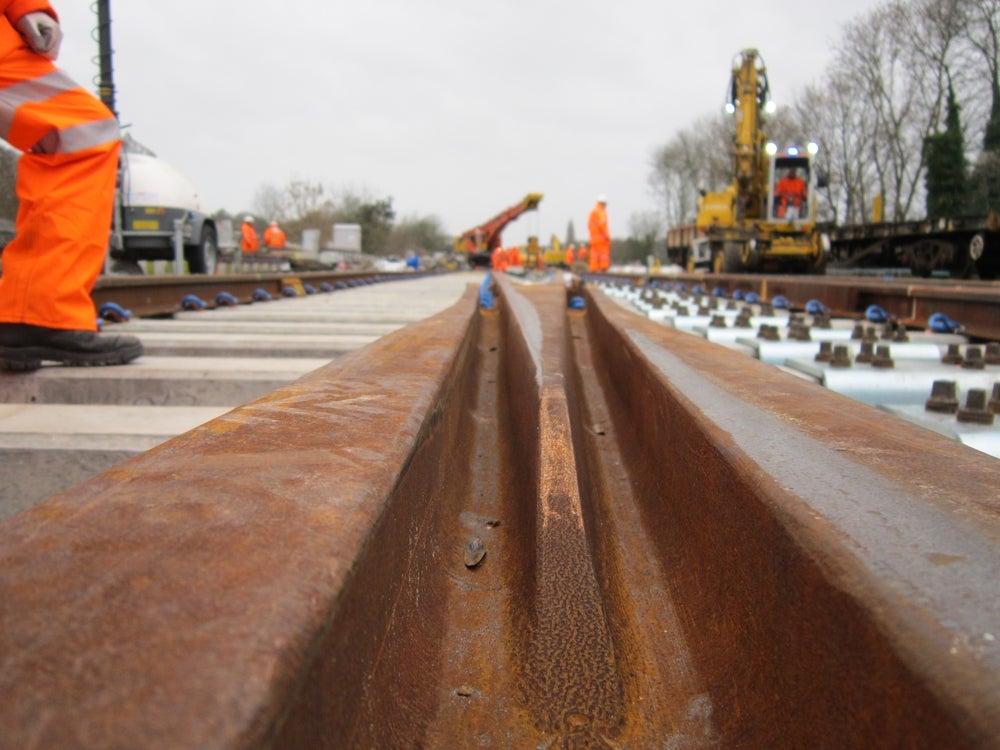
Spanish firm Talgo has signed an agreement with Repsol to develop renewable hydrogen-powered trains to facilitate emission-free rail transport in the Iberian Peninsula.
Talgo will be responsible for the design, manufacture and commissioning of the new self-propelled trains for short and medium distances.
Under the alliance, Repsol will provide its renewable hydrogen generation infrastructure, as well as its logistical means for the railway network.
As agreed, Talgo is working on the development of hydrogen-fuelled trains for decarbonising railway lines, especially those that have not been electrified.
It has developed a commuter train powered by hydrogen fuel cells, Vittal One train, which is said to be the first dual hydrogen-electric train.
By November this year, the firm aims to test and validate the first train in condition similar to those of commercial operation.
How well do you really know your competitors?
Access the most comprehensive Company Profiles on the market, powered by GlobalData. Save hours of research. Gain competitive edge.

Thank you!
Your download email will arrive shortly
Not ready to buy yet? Download a free sample
We are confident about the unique quality of our Company Profiles. However, we want you to make the most beneficial decision for your business, so we offer a free sample that you can download by submitting the below form
By GlobalDataThe companies said in a statement: “This collaboration will promote the achievement of one of the objectives set in the Hydrogen Roadmap approved by the government last October to have two lines of hydrogen-powered commercial trains by 2030.”
The Vittal One renewable hydrogen-powered train, which does not require long additional developments, operates on electric motors that obtain energy from hydrogen cells.
These cells convert the fuel into an electric current.
The Vittal One train can travel on non-electrified lines without deploying a catenary or making any alterations.
Repsol said in a statement: “Repsol will use organic waste to generate biogas at its industrial centres, which will be used to produce renewable hydrogen. It has announced the installation of two electrolysers with a capacity of 100MW in Cartagena and Petronor that will supply its complexes with renewable hydrogen.”
Talgo is already developing a project to manufacture hydrogen-fuelled trains under the Basque Hydrogen Corridor initiative, which was introduced by Petronor and Repsol in February this year.
In May this year, Talgo secured a contract with a maximum value of $344.12m (€281.5m) from railway company Renfe to manufacture up to 40 new variable gauge and 330km/h commercial speed powerheads (locomotives).





